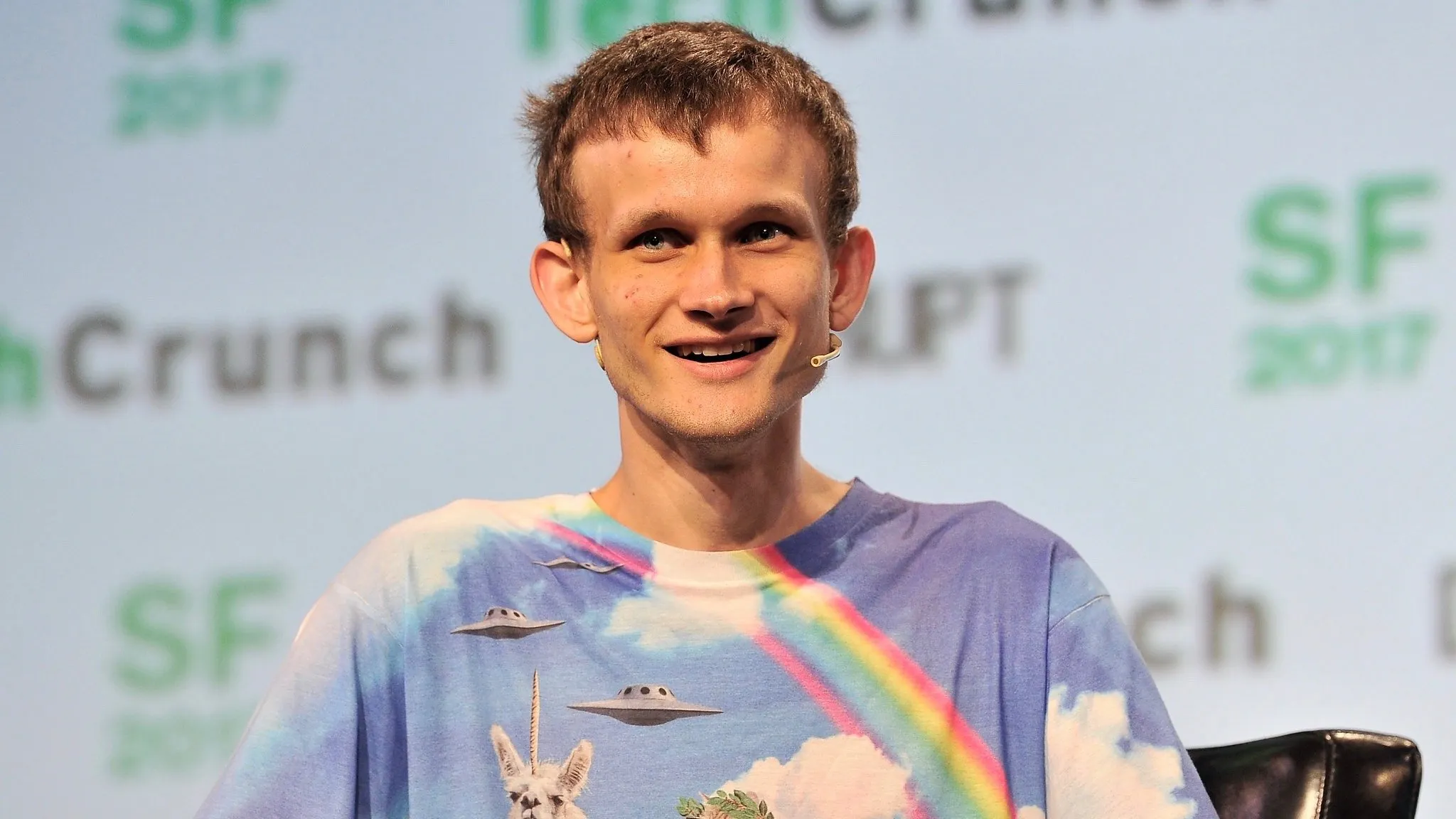Among the first wave of books to chronicle the rise of cryptocurrency, Camila Russo’s The Infinite Machine stands out. It’s a fast-paced, punchy account of the creation of Ethereum; Decrypt called it a “skillfully woven story that, at times, reads like a thriller.”
It’s unsurprising, then, that Hollywood soon came calling—but Russo didn’t want to make a film the usual way. Instead, she raised funds by selling NFTs (on Ethereum, of course) and building an engaged Web3 community around the project. Now, with "Alien" director Ridley Scott’s production company Scott Free on board, the film is racing toward the screen.
Russo sat down with Decrypt at the Cannes Film Festival to discuss the writing of the book and its journey toward the screen.
“I always wanted to write my book in a way that it read like fiction; I wanted it to read like a novel,” she said. Despite that, she added, “I never really imagined that the book would actually be turned into a film. My agent shopped it around when the book was just published, but it didn’t get any bites then.”
That changed when Alejandro Miranda of Versus Entertainment and Francisco Gordillo of crypto hedge fund Avenue Investment got in touch. The pair had been working on a documentary about blockchain, but decided to scrap it in favor of pursuing an adaptation of The Infinite Machine. Miranda and Gordillo were “so eager and so passionate about the project,” Russo said, that their pitch won out over the Hollywood suitors, who “didn’t seem very committed to actually having the movie made.”
Infinity and beyond
From the outset, Russo was keen to approach making the film in the spirit of Ethereum and the Web3 ethos. With Versus Entertainment giving the writer a say in how the movie was funded, she explained, “We started thinking about NFTs pretty much from the start.”

“It seems very obvious to me,” she said. “This is the first book about the history of Ethereum, it probably will be the first movie on Ethereum. It should definitely be funded with Ethereum technology and the Ethereum community; it wouldn’t make sense to fund it only in the traditional way.”
With that in mind, they approached artists from around the world to create NFTs for a collection celebrating Ethereum. “The idea was to get a group of artists who are just starting in the NFT world who came from emerging countries,” Russo said. While many of the artists who profited from the 2021 NFT boom came from the U.S. and Western Europe, she said that “the places where NFTs actually make a life-changing impact for people are in the emerging world. I thought maybe our project could be a platform for those artists who don’t get as much visibility.” To that end, 22.5% of all sales from the collection go to the artists themselves.
"I thought our project could be a platform for those [NFT] artists who don’t get as much visibility."
Alongside the artwork, the Infinite Machine Collection NFTs also offer holders the opportunity to get involved in the production of the film; perks include the chance to be an extra as well as invitations to shooting locations and the film’s premiere. “The idea is to flip the movie production process on its head and start with community,” said Russo. But more important, she added, “The NFT holders are also members of a DAO, and the DAO has an executive producer role in the film itself.” The project's DAO (decentralized autonomous organization) aims to fund and support other projects as well. “I would love for the 'Infinite Machine' project to live on and become its own thing, without me, even.”
Web3 and the film industry
Through DAOs, NFTs, and cryptocurrency investment, Web3 has the potential to revolutionize the film industry, Russo argues. “It has the opportunity of opening up production to people who maybe would otherwise find it very hard to get their movie funded,” she said. “The funding part of it, of going directly to audiences and not having to rely on third parties, or VCs or anyone else, is pretty groundbreaking.”
That level of community engagement is also something that’s never been tried before in the film industry, she said. “I think we're still learning about how to best do that; what sort of utility works, what doesn't?”
One challenge will be how future projects can share movie royalties with NFT holders, something that “The Infinite Machine” hasn’t attempted yet because of regulatory concerns.
"Web3 will start to permeate into every industry; of course, film is not going to be excluded."
Another area that’s ripe for disruption is film distribution. “Actually storing film in a decentralized way, buying an NFT that can be the medium for the film and having these distribution platforms that can be protocols—that’s still in the early stages,” she said, but it’s “super exciting.” That may be some way off, though, she added; blockchain scalability, UI, and UX all have to be addressed first. “I think there’s still a huge technological gap,” she added. “Storage is an issue; the amount of space that you need to store an actual film in an NFT, it's tough to do in a decentralized way.”
However, those challenges shouldn’t make Hollywood complacent. “Blockchain is building an additional value layer on top of the internet; Web3 is here,” she said. “And I think it'll start to permeate into every industry; of course, film is not going to be excluded. And it's already happening. To me, it doesn't really matter whether the traditional film industry is ready.”
Toward the Infinite
In the meantime, Russo has plenty on her plate with the production of “The Infinite Machine.” With the script still being written, the actual film is “still a couple of years away," Russo said. (Her prediction: 2024.)
And with so much having happened to Ethereum since the book was published, is a sequel in the offing? “I would love to write a second book; I actually can’t wait,” she said. “I’m thinking about what it’s going to be about. I just need to delegate, find time to write it."
One element of the project that has inevitably aroused speculation is: Who will play Ethereum creator Vitalik Buterin in the film? Russo wouldn’t guess when asked by an audience member, but—appropriately—the community has already voiced its opinion on the matter, she acknowledged: “People have been doing polls, and Rami Malek keeps coming up as someone they would love. And Timothée Chalamet. And also, people love to say The Rock.”
Vitalik Buterin, a Hollywood sex symbol? That’s a plot twist no one saw coming.

